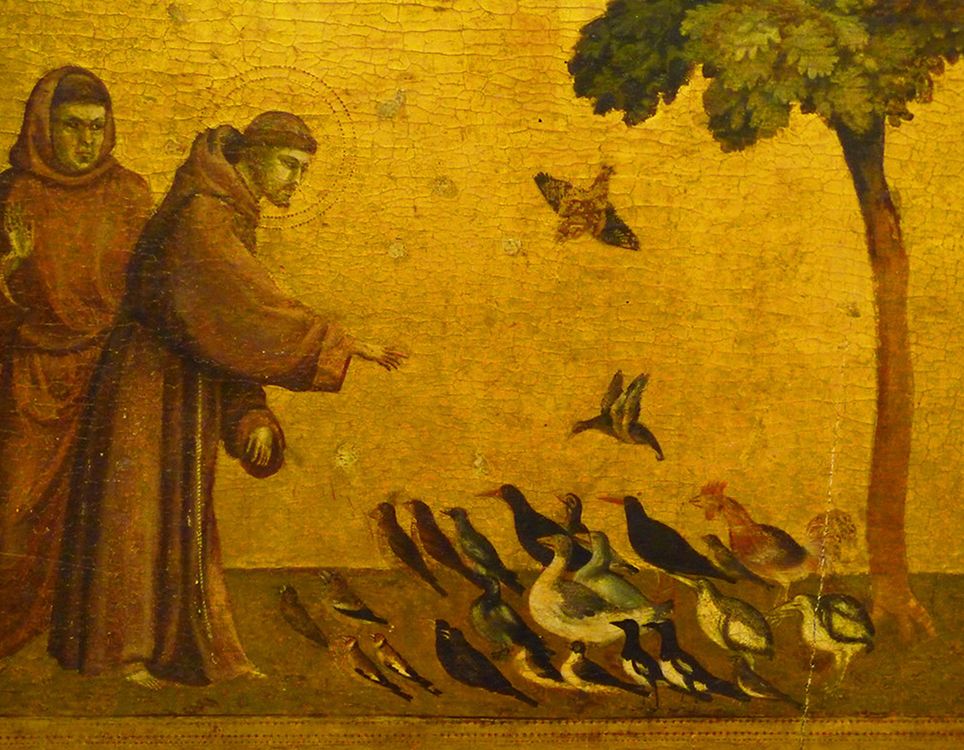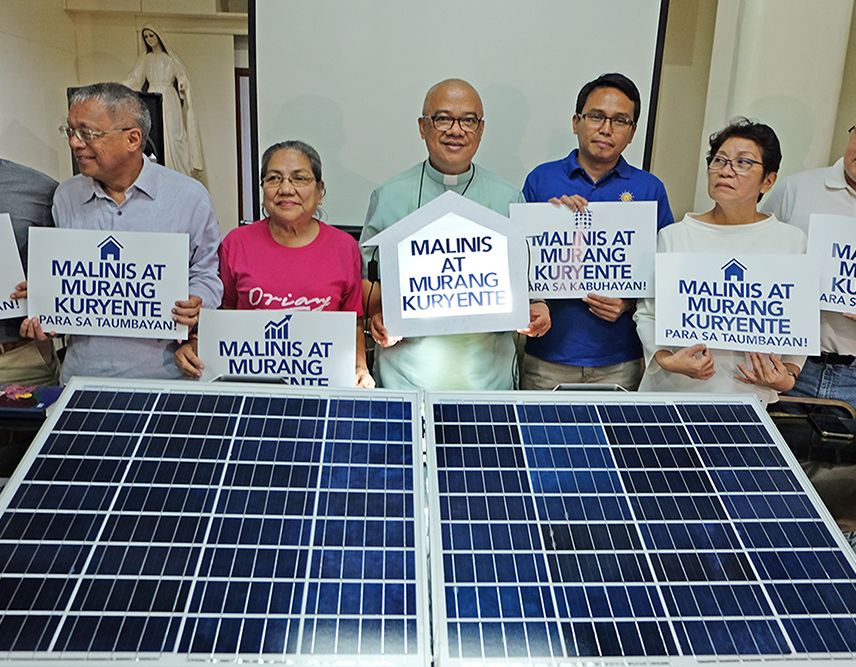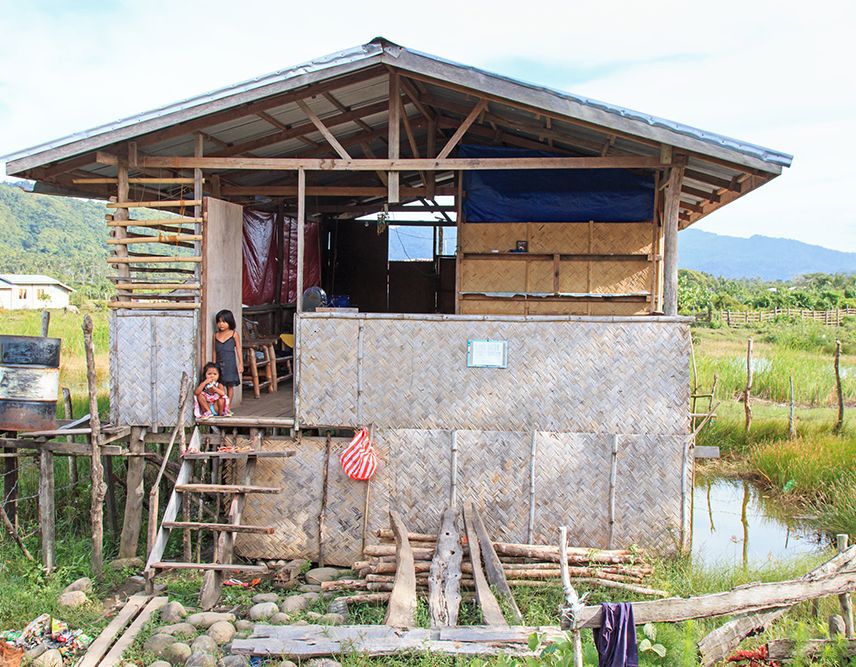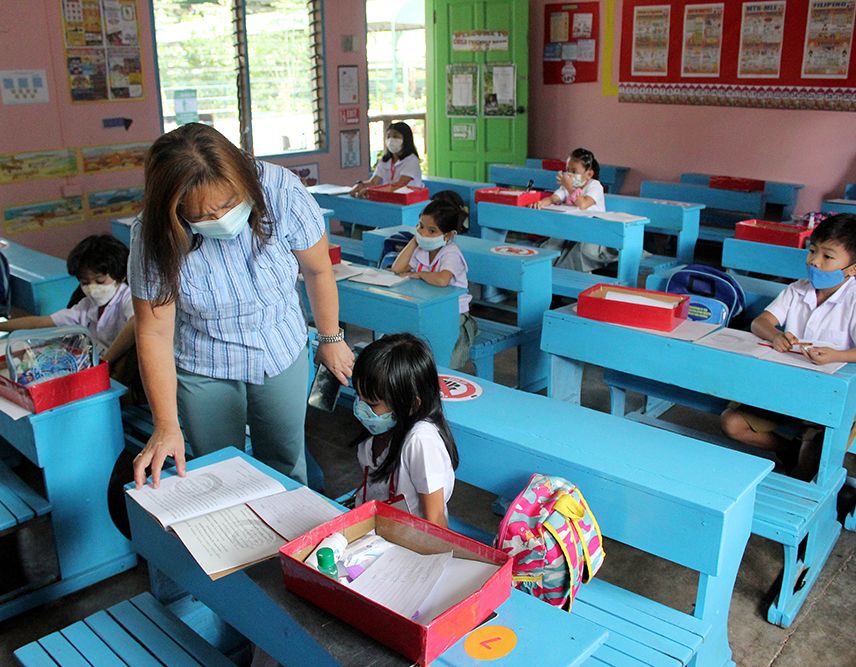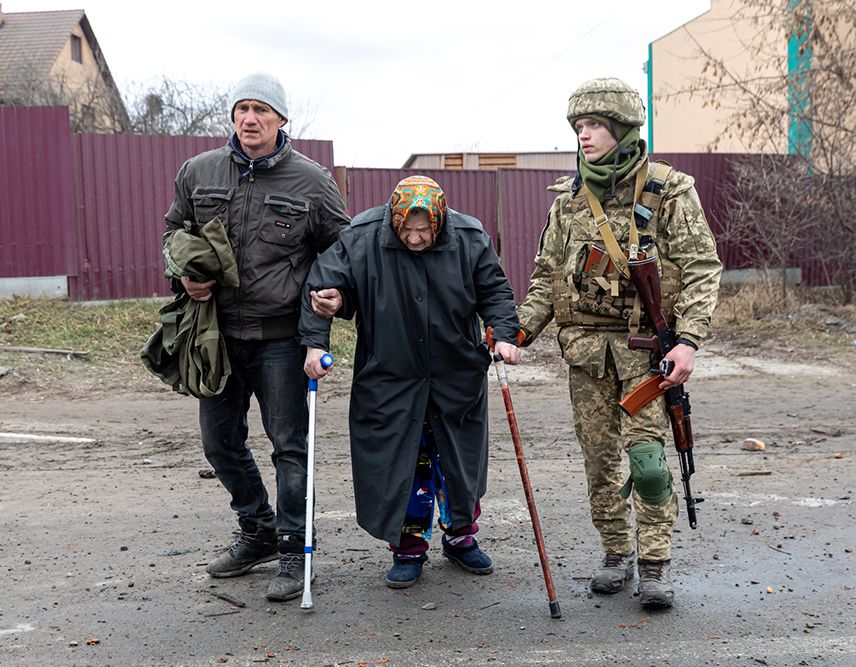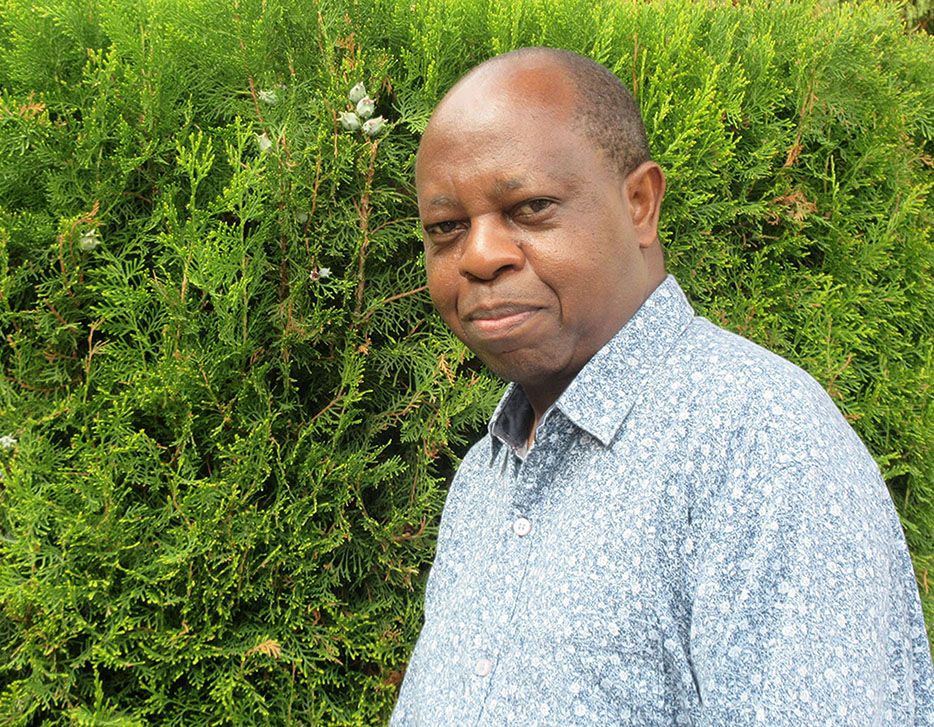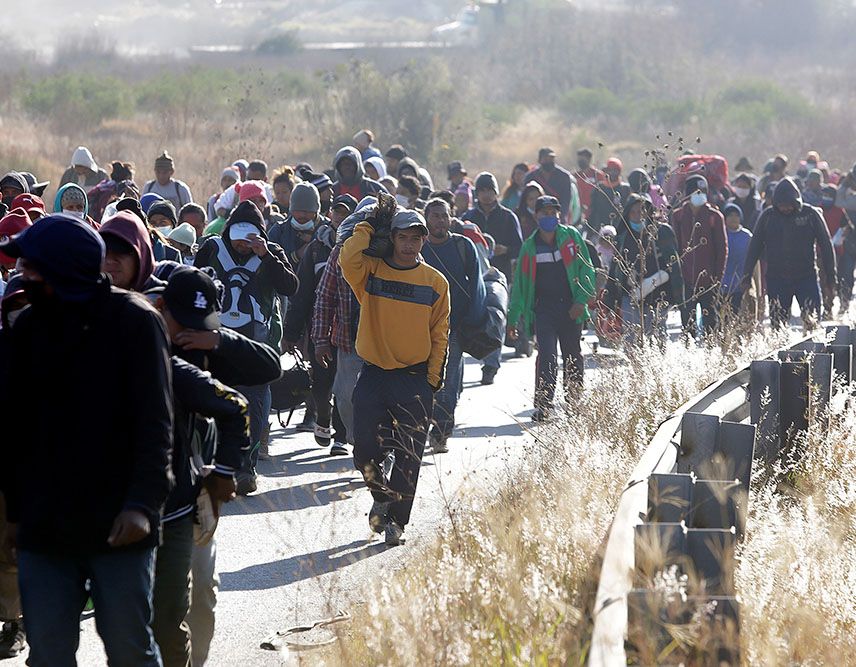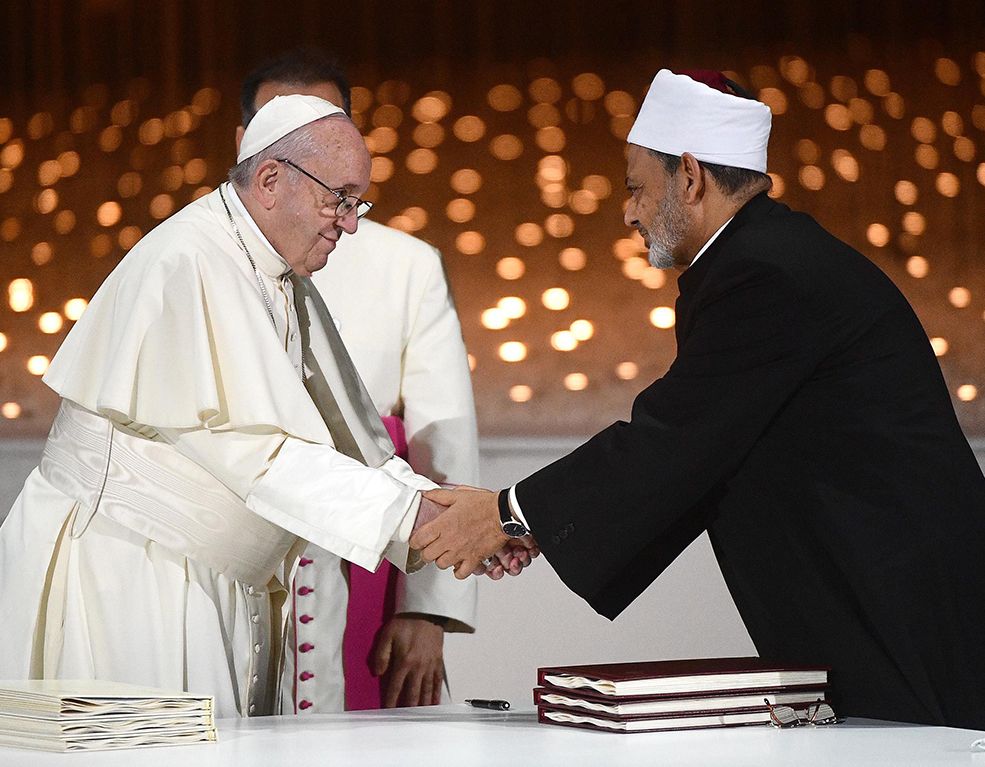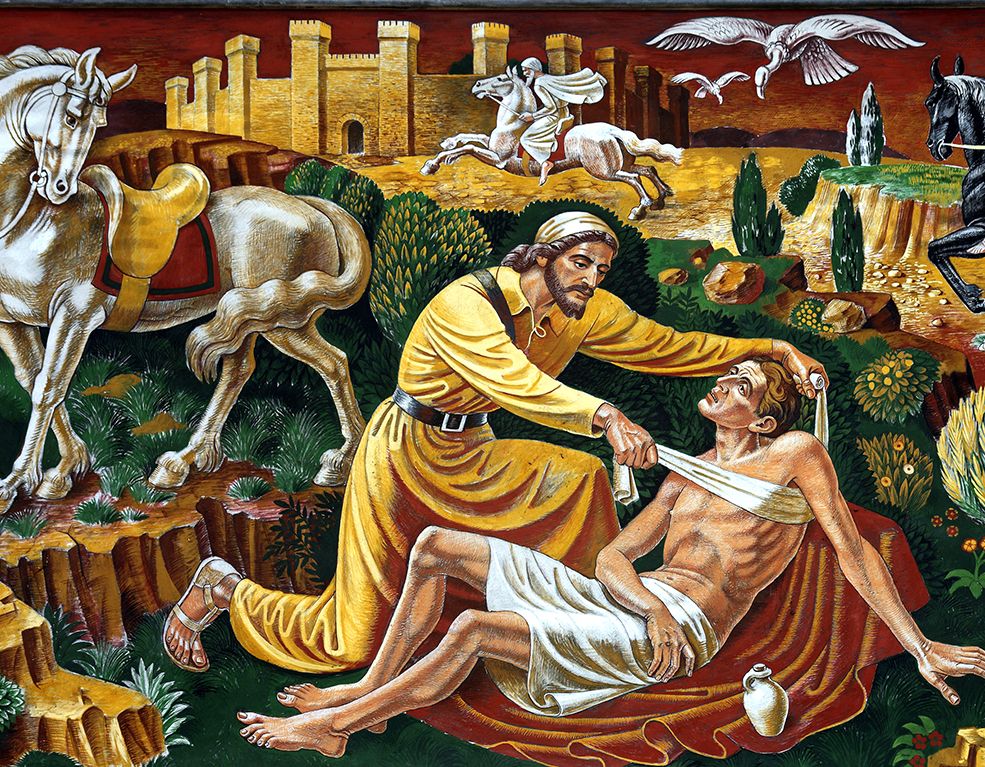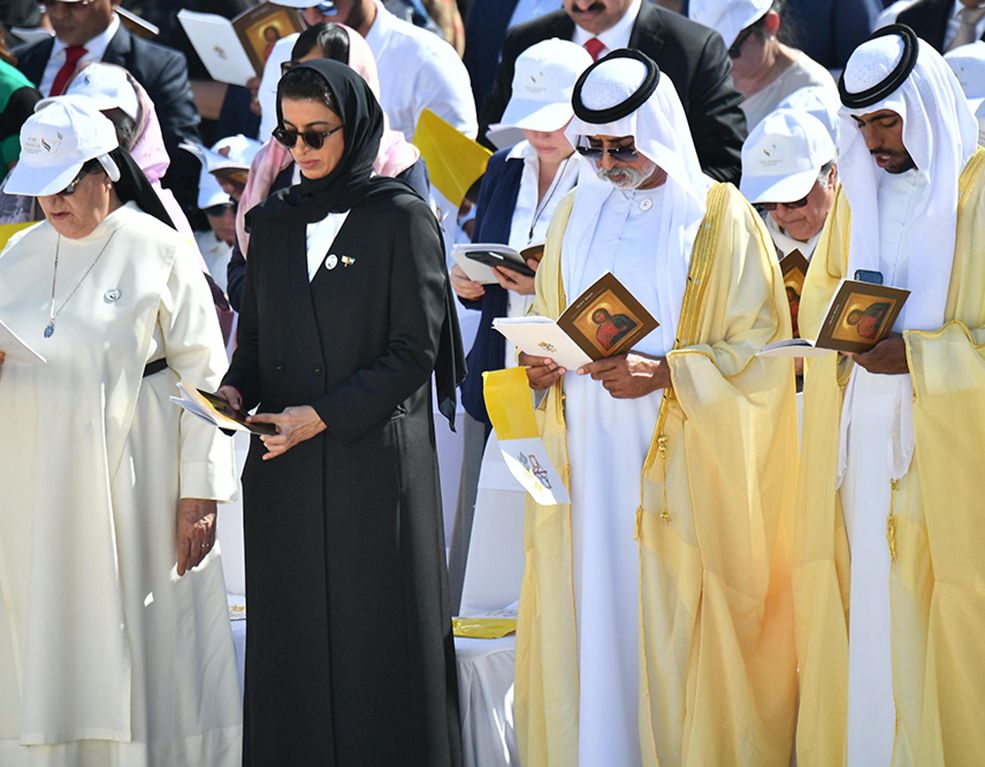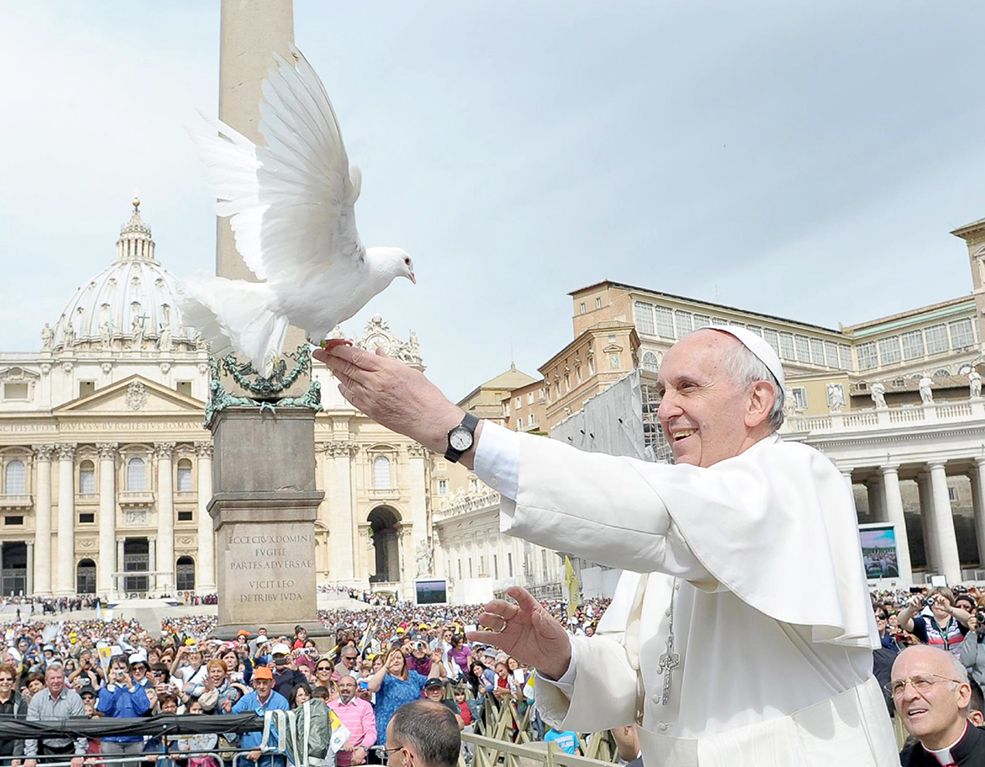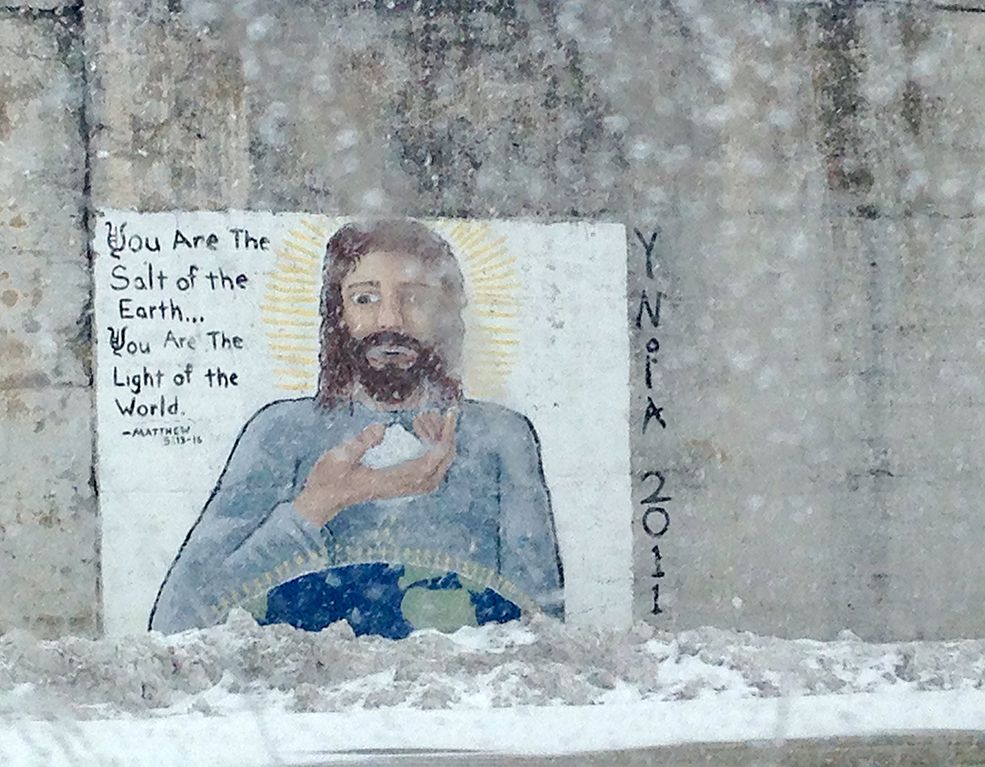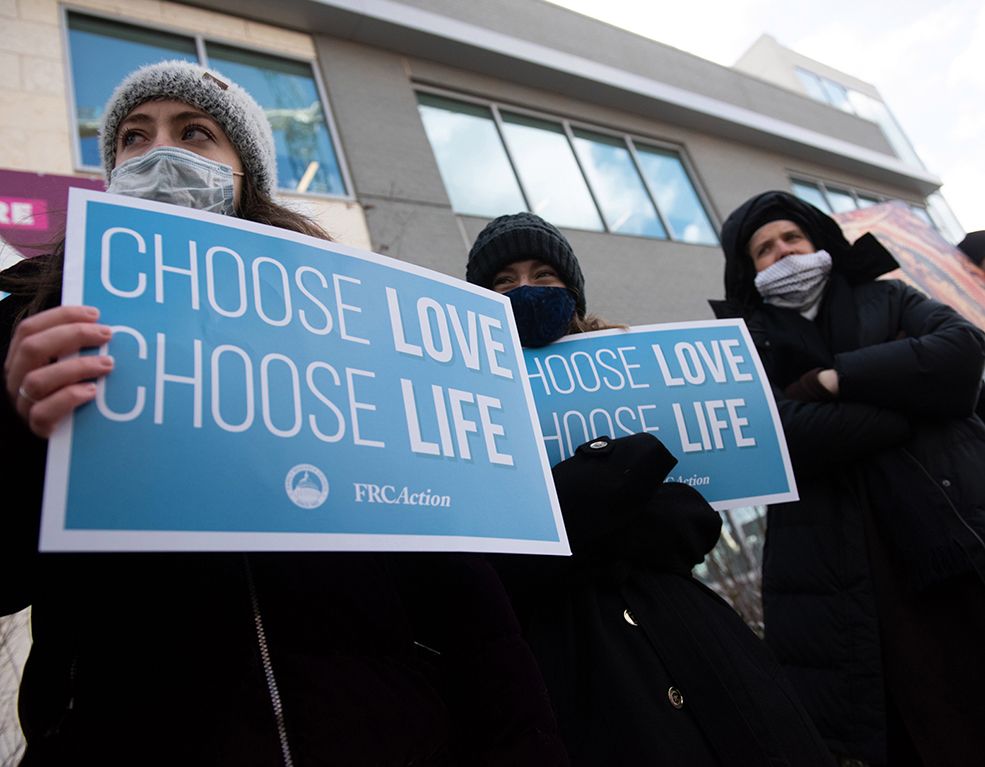In this article, I would like to focus on chapter three of Fratelli Tutti with the theme ‘Envisaging and Engendering an Open World’. The chapter promotes love for all people and through it, the values of liberty, equality, fraternity, the rights of people, and all that is morally good.
In clear terms, Pope Francis invites all Christians and all people of goodwill to create bonds of communication and of communion, embracing all people. Before going any further, it is important to gaze at the Holy Trinity. How does the Holy Trinity manifest love through communication and communion?
The Holy Trinity is the greatest icon of communion and unity. I remember an old, lovable little country priest who, whenever he spoke of the Trinity, used to ask the congregation attending Mass: “Can you tell how it is possible to have one God in three Persons”?
God In Communion With Us
For a long time, he had been informing people to know the answer he wanted them to give, and so the congregation would answer: “We have the three persons as one God because the three persons are so much in communion with one another that they are one: the one God who is in deep communion with us”.
The second greatest icon of communion is Christ Jesus in His relationship with humanity. In the Gospels, we see Him acting in such a way with His disciples and with all those He came in touch with, giving the impression He could not stay without them. Going beyond all our expectations and weaknesses, Jesus cannot stay without us. That is why He is with us in spite of the many times we turn our backs on Him. He is with us even when we have the impression He is not there.
Interestingly, Mary Stevenson’s beautiful poem, “Footprints in the Sand” illustrates Jesus’ communication and communion with us. She writes:
One night I had a dream. / I dreamed I was walking along the beach with the Lord. / Across the sky flashed scenes from my life. For each scene, I noticed two sets of footprints in the sand, one belonging to me, and the other to the Lord. / When the last scene of my life flashed before me, I looked back at the footprints in the sand. I noticed that many times along the path of my life there was only one set of footprints. I also noticed that it happened at the very lowest and saddest times of my life. / This really bothered me and I asked the Lord about it: “Lord, you said that once I decided to follow you, you’d walk with me all the way. But I have noticed that during the most troublesome times in my life there is only one set of footprints. I don’t understand why when I needed you most you would leave me”. / The Lord replied: “My precious child, I love you and I would never leave you. During the times of trial and suffering, when you see only one set of footprints, it was when I carried you.”
What a beautiful image of God we have here! If all people could come to know God the way He continues to reveal Himself to humankind, everybody would embrace Him in faith and never let Him go.
Open Minds And Hearts
Along this line, the aim of Pope Francis in presenting the third chapter of Fratelli Tutti is this: to invite all Christians and all people of goodwill to open their minds and hearts to God and, as a consequence, to love all brothers and sisters throughout the world.
Interpreting the thoughts of the Pontiff, I present with joy an episode from the life of Saint Francis of Assisi. One Sunday, he was in the big church of Assisi taking part in the Eucharistic celebration. The priest celebrant delivered a beautiful homily based upon the Gospel passage. Its theme was, “Loving God, following Jesus Crucified and Risen, loving all people without compromises.”
Moved by the Gospel passage, Saint Francis, without any worry for the many people present in the church, cried out: “This is what I ask, this is what I desire, this is what I want”. To my understanding, the cry of deep commitment by the saint meant: This is what I ask in prayer, this is what I desire with my whole heart, this is what I want with my willpower.
If more people could have the ideals described above, the world would become more open to others through love, and thus generate liberty, equality, fraternity, the rights of people, and all that is morally good. According to the desire Pope Francis expresses in chapter three of Fratelli Tutti, the bonds of communication and communion embracing all people would be created for the benefit of all.




